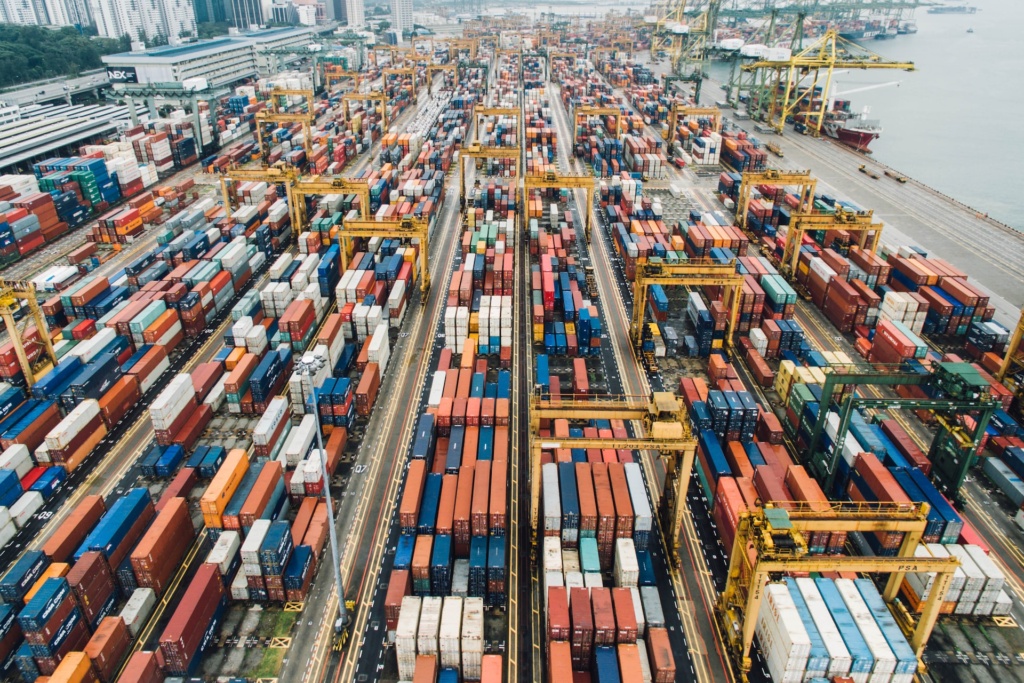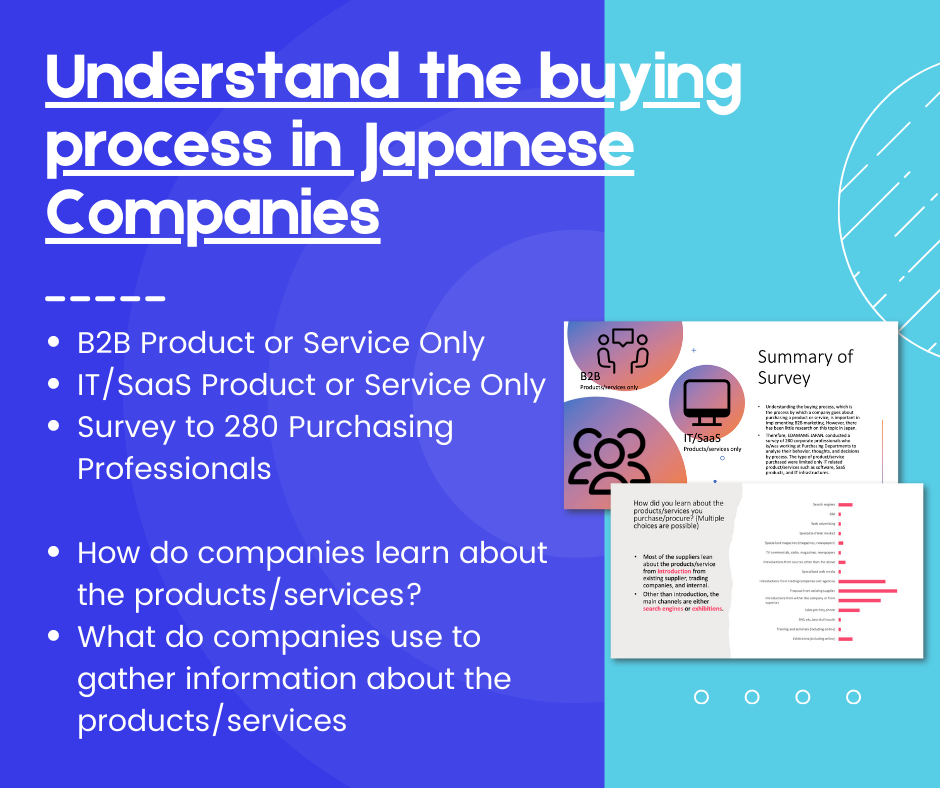Japan IOR: A Comprehensive Guide for Non-Japanese Exporters

Exporting goods to Japan can be a lucrative opportunity for businesses looking to expand their customer base and reach new markets. However, to successfully import goods into Japan, non-Japanese exporters need to comply with the country’s strict Importer of Record (IOR) rules.
An IOR is a legally recognized entity responsible for ensuring that all imported goods comply with Japanese regulations and standards. This comprehensive guide provides non-Japanese exporters with a detailed understanding of Japan’s IOR rules and requirements, as well as guidance on selecting the right IOR, managing logistics and delivery, ensuring compliance, and successfully exporting to Japan.
Understanding Japan’s IOR Requirements
What is an Importer of Record (IOR) in Japan?
An Importer of Record (IOR) in Japan is a legally recognized entity responsible for ensuring that all imported goods comply with Japanese regulations and standards.
The IOR serves as the official representative of the importer and assumes responsibility for the imported goods from the time they arrive in Japan until they are delivered to the final destination.
In essence, the IOR acts as a guarantor for the quality and safety of imported goods and is required to ensure that they meet all applicable Japanese regulations and standards.
As such, the IOR is a critical component of the import process in Japan, and all non-Japanese exporters who wish to sell their products in Japan must have an IOR. The IOR can be either an individual or a legal entity, and they must be registered with the Japanese Ministry of Finance and possess a valid customs broker’s license.
Why is an IOR Required for Imports to Japan?
Japan has strict regulations and standards for imported goods, and the country requires an Importer of Record (IOR) to ensure that all imported goods meet these requirements. The IOR is responsible for verifying that the imported goods are not only safe but also comply with all applicable regulations and standards, including those related to quality, labeling, and packaging. Without an IOR, the importer cannot clear customs or deliver the goods to the final destination in Japan.
In addition to ensuring compliance with Japanese regulations and standards, the IOR is also responsible for handling any issues that arise during the import process. This can include customs inspections, delays, and any necessary communication with regulatory agencies or government officials.
By having an IOR, non-Japanese exporters can ensure that their goods are imported smoothly and efficiently, without the need for direct involvement in the import process. Furthermore, having an IOR can also help non-Japanese exporters build a positive reputation in the Japanese market, by demonstrating a commitment to complying with local regulations and standards.
Responsibilities of an IOR in Japan
The Importer of Record (IOR) in Japan is responsible for managing the import process, including filing necessary paperwork, arranging logistics and delivery, and ensuring compliance with Japanese regulations and standards. Specifically, the IOR must handle all aspects of the import process, from obtaining necessary permits and licenses to coordinating with carriers and freight forwarders.
One of the most important responsibilities of the IOR is to ensure that the imported goods meet all applicable Japanese regulations and standards. This includes verifying the quality of the goods, ensuring that they are properly labeled and packaged, and obtaining any necessary approvals from regulatory agencies or government officials.
The IOR is also responsible for maintaining accurate records of the import process. This includes keeping detailed documentation of all transactions, including invoices, bills of lading, and customs declarations. By keeping accurate records, the IOR can demonstrate compliance with Japanese regulations and standards, and avoid potential fines or penalties for non-compliance.
Consequences of Non-Compliance with Japan’s IOR Rules
Non-compliance with Japan’s Importer of Record (IOR) rules can result in fines, penalties, seizure and destruction of goods, as well as damage to the importer’s reputation and business relationships in Japan.
To avoid these consequences, non-Japanese exporters should have a reliable and experienced IOR in Japan who ensures that all imported goods meet Japanese regulations and maintains accurate records.
Selecting an IOR in Japan
Types of IORs in Japan
There are two types of Importer of Record (IOR) in Japan: direct IOR and indirect IOR.
A direct IOR is a legal entity established in Japan that is responsible for importing goods and complying with Japanese regulations and standards. This type of IOR is required for goods that are subject to specific regulations, such as food, drugs, and medical devices.
An indirect IOR is a third-party entity that acts as the IOR on behalf of the importer. This type of IOR is commonly used for goods that are not subject to specific regulations, such as consumer goods or electronics. The indirect IOR is responsible for ensuring compliance with Japanese regulations and standards, and may work with the importer or their agent to manage the import process.
Choosing the Right IOR for Your Business
Choosing the right Importer of Record (IOR) in Japan is essential for successful import operations.
When selecting an IOR, it’s important to consider their experience, expertise, and track record of compliance. The IOR should have a deep understanding of Japanese regulations and standards, as well as experience in the industry and product category of the goods being imported.
It’s also important to consider the IOR’s communication skills and ability to work collaboratively with your team and other stakeholders, such as carriers and regulatory authorities. A good IOR will be able to manage the import process efficiently and effectively, while ensuring compliance with Japanese regulations and standards.
Finally, it’s important to choose an IOR that offers transparent and competitive pricing, with no hidden fees or unexpected costs. The IOR should provide a clear breakdown of their fees and services, and be able to work within your budget and timeline.
Evaluating the IOR’s Experience and Expertise
Evaluating the Importer of Record’s (IOR) experience and expertise is crucial when selecting the right IOR for your business.
It’s important to choose an IOR with deep knowledge and understanding of Japanese regulations and standards, as well as experience in the industry and product category of the goods being imported.
The IOR should be able to provide references and case studies that demonstrate their track record of compliance and successful import operations.
It’s also important to consider the IOR’s ability to stay up-to-date with changes in regulations and standards, and their willingness to provide guidance and support throughout the import process.
Understanding the IOR’s Service Offerings and Fees
Understanding the Importer of Record’s (IOR) service offerings and fees is essential when selecting the right IOR for your business.
It’s important to choose an IOR that offers transparent and competitive pricing, with no hidden fees or unexpected costs.
The IOR should provide a clear breakdown of their fees and services, including customs clearance, import documentation, and compliance with Japanese regulations and standards.
Importing Procedures and Documentation in Japan
Customs Clearance Procedures in Japan
Customs clearance procedures in Japan involve several steps and requirements that must be followed to ensure successful import operations.
Importers are required to submit various documents, including a customs declaration form, commercial invoice, bill of lading, and packing list.
Goods may also be subject to inspections and additional permits or certifications, depending on the product category and intended use.
To ensure smooth customs clearance, it’s important to work with an experienced and knowledgeable Importer of Record (IOR) who can manage the import process and ensure compliance with Japanese regulations and standards.
Required Documents for Importing Goods to Japan
Importing goods to Japan requires several important documents that must be submitted to the relevant authorities to ensure compliance with regulations and standards.
Some of the required documents for importing goods to Japan include a customs declaration form, commercial invoice, bill of lading, and packing list.
Additional permits or certifications may also be required, depending on the product category and intended use of the goods.
Common Challenges in Importing to Japan and How an IOR Can Help
Importing goods to Japan can present several challenges, such as language barriers, complex regulations and standards, and customs clearance procedures.
Working with an experienced and knowledgeable Importer of Record (IOR) can help to navigate these challenges and ensure successful import operations.
An IOR can provide guidance and support throughout the import process, including customs clearance, compliance with regulations and standards, and communication with Japanese authorities and stakeholders.
The IOR can also help to identify and mitigate potential risks and issues, such as delays or additional costs, and ensure that all required documents and permits are in order.
Managing Logistics and Delivery with a Japan IOR
Coordinating with the IOR for Logistics and Delivery
Working with an Importer of Record (IOR) in Japan involves coordination and communication throughout the import process.
Once the goods have been cleared through customs, the IOR can work with carriers and logistics providers to coordinate delivery to the final destination.
The IOR can also help to manage any issues or delays that may arise during the delivery process, such as customs inspections or unexpected transportation costs.
It’s important to choose an IOR that has experience and expertise in logistics and delivery, as well as strong relationships with carriers and providers in Japan.
Understanding Japanese Import Requirements and Restrictions
Importing goods to Japan requires compliance with a range of regulations and standards, including safety, environmental, and product-specific requirements.
Some product categories may be subject to additional permits or certifications, such as food and beverages, electronics, and chemicals.
It’s important to have a deep understanding of Japanese import requirements and restrictions, as well as experience in the industry and product category of the goods being imported.
An experienced Importer of Record (IOR) in Japan can provide guidance and support in navigating these requirements and ensuring compliance throughout the import process.
Overcoming Logistics and Delivery Challenges
Importing goods to Japan can present several logistics and delivery challenges, such as transportation costs, customs inspections, and language barriers.
Working with an experienced Importer of Record (IOR) can help to overcome these challenges and ensure successful delivery of the goods to the final destination.
The IOR can coordinate with carriers and logistics providers to manage transportation and delivery, while also ensuring compliance with Japanese regulations and standards.
Ensuring Compliance with Japan’s IOR Rules
Product Compliance and Certification in Japan
Importing goods to Japan requires compliance with a range of regulations and standards, including safety, environmental, and product-specific requirements.
Some product categories may be subject to additional permits or certifications, such as food and beverages, electronics, and chemicals.
Understanding Japanese Import Regulations and Standards
Importing goods to Japan requires compliance with a range of regulations and standards, including safety, environmental, and product-specific requirements.
The Japanese government has established a complex set of regulations and standards to ensure the safety and quality of imported goods, including labeling and packaging requirements, product testing and certification, and environmental and safety standards.
Meeting Quality and Safety Standards in Japan
Importing goods to Japan requires compliance with a range of quality and safety standards, including product-specific requirements and environmental and safety standards.
The Japanese government has established strict regulations and standards to ensure the safety and quality of imported goods, including labeling and packaging requirements, product testing and certification, and environmental and safety standards.
Getting Started with Exporting to Japan with an IOR
Identifying Export Opportunities in Japan
To identify export opportunities in Japan, it’s important to research the market and understand the needs and preferences of Japanese consumers. This includes understanding local consumer trends, cultural preferences, and consumer behavior.
In addition to consumer research, exporters should also research industry and market data in Japan to identify potential opportunities for growth and expansion.
Exporters should also consider the logistics and regulatory requirements for importing goods into Japan, including any product compliance and certification requirements.
Working with an experienced IOR in Japan can help exporters navigate the complex import process, understand regulatory requirements, and establish a successful presence in the Japanese market.
Understanding Japanese Market and Business Culture
Having a thorough understanding of the Japanese market and business culture is crucial for businesses looking to export to Japan. This includes researching consumer behavior, preferences, and trends, as well as understanding local business customs and communication styles.
By partnering with an experienced IOR in Japan, businesses can leverage their knowledge and network to build successful relationships with local partners, navigate the complex market and business culture, and establish a successful presence in Japan.
Researching and Complying with Japanese Regulations and Standards
Researching and complying with Japanese regulations and standards is crucial for businesses exporting goods to Japan, as the regulations and standards may vary depending on the product type and intended use.
Understanding the documentation requirements, labeling and packaging regulations, and other compliance measures is important to ensure successful and compliant imports.
Summary
In summary, importing goods to Japan requires complying with strict regulations and standards, and choosing the right Importer of Record (IOR) is essential for a successful import operation. An IOR can provide expertise in navigating the complex import process and ensuring compliance with Japanese regulations and standards. They can also help with logistics and delivery, product compliance and certification, and market research.
When selecting an IOR, it’s important to consider their experience, expertise, service offerings, and pricing. It’s also important to understand the customs clearance procedures and required documents for importing goods to Japan. By working with an experienced and reliable IOR, businesses can streamline the import process and avoid costly mistakes and delays.
Finally, understanding the Japanese market and business culture is key to success in importing to Japan. With its high demand for quality products and strict regulations, the Japanese market offers significant opportunities for businesses that can meet its requirements. By doing their research and working with the right partners, businesses can tap into this lucrative market and expand their global reach.
Please feel free to contact us for Japan IOR issue.
About us and this blog
We are a digital marketing company with a focus on helping our customers achieve great results across several key areas.











